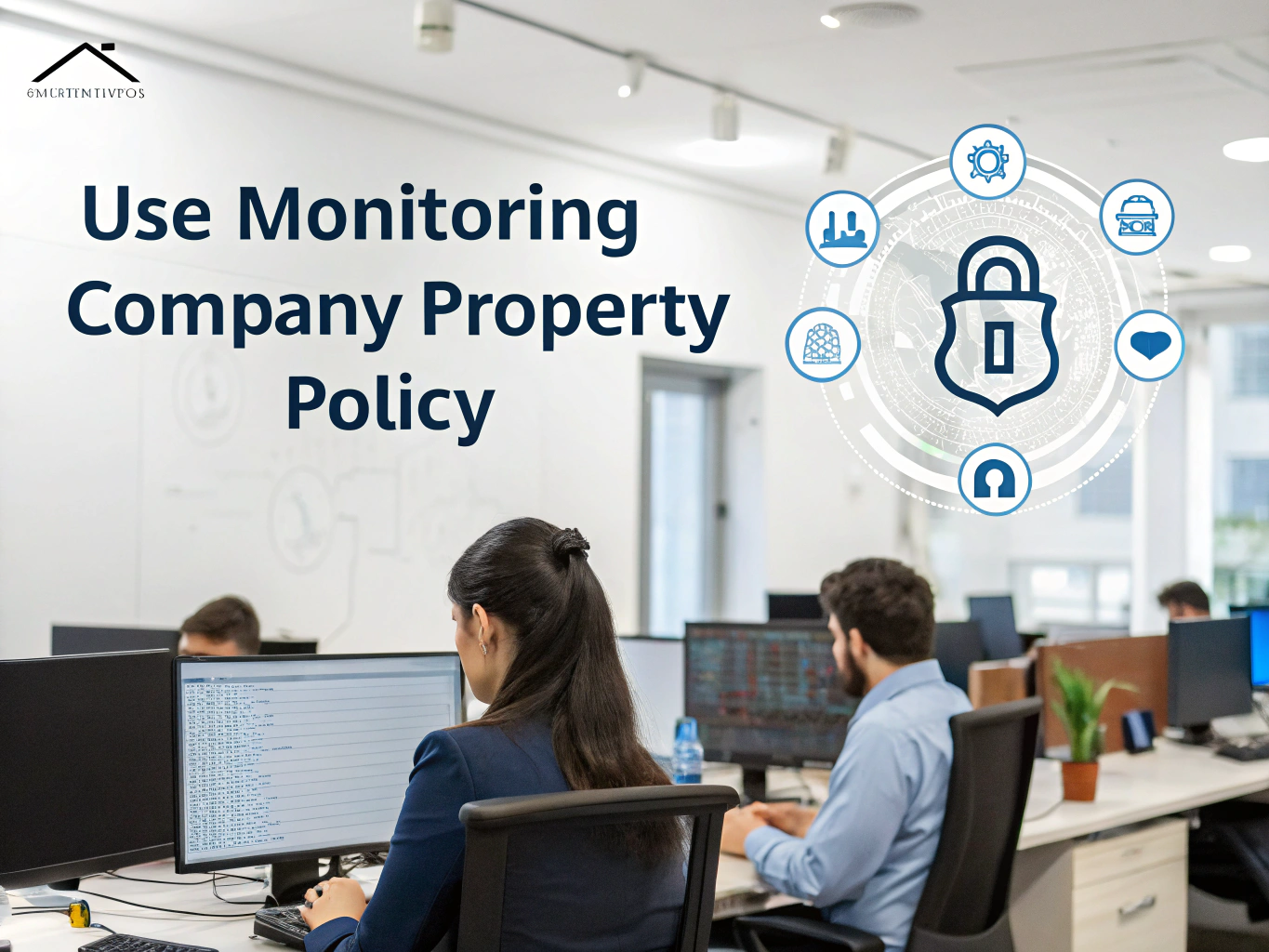Definition
A Certified Payroll Professional (CPP) is an HR expert who has earned a prestigious certification from the American Payroll Association (APA). This designation shows they have a thorough understanding of payroll processes, tax laws, and compliance requirements, making them invaluable assets to any organization looking to streamline its payroll operations.
Key Components
Understanding the role of a Certified Payroll Professional involves recognizing several critical areas they focus on to ensure smooth payroll management.
- Payroll Processing: At the heart of a CPP’s role is managing the entire payroll cycle—from calculating wages to processing payments. Imagine a bustling company preparing for payday; a CPP ensures that every employee receives the correct amount on time, factoring in hours worked, overtime, and any deductions.
- Tax Compliance: Navigating tax laws can feel like a maze, especially with the frequent changes in regulations. A CPP stays updated on federal, state, and local tax requirements, ensuring that taxes are correctly withheld and reported. For instance, they ensure that Social Security and Medicare taxes are properly managed to avoid penalties.
- Record-Keeping: Accurate record-keeping is crucial for audits and compliance. A CPP meticulously maintains detailed records of employee wages, tax filings, and benefits, guaranteeing that all documentation is ready for scrutiny at any time. Think of it as having a well-organized filing cabinet that holds everything you might need at a moment’s notice.
- Employee Benefits Management: Beyond payroll, CPPs often oversee employee benefits, including healthcare and retirement plans. They calculate contributions and work with different providers to ensure everything runs smoothly. Imagine a new employee starting and having their benefits explained and set up correctly—that’s the CPP at work!
- Communication: Effective communication is key in the payroll process. CPPs often serve as a bridge between management and employees regarding payroll issues, answering questions, and resolving disputes. Their ability to explain complex payroll concepts in simple terms helps maintain trust within the organization.
Importance in the Workplace
Having a Certified Payroll Professional in your team isn’t just a nice-to-have; it’s essential for smooth operations. For instance, consider a scenario where a company faces an audit due to payroll discrepancies. With a CPP on board, they can quickly provide the necessary documentation and clarify processes, significantly reducing the stress of the situation.
Moreover, payroll errors can lead to employee dissatisfaction, which can impact morale and productivity. When employees know they’re compensated accurately and on time, it fosters a sense of trust and loyalty. Think about how much happier employees feel when they don’t have to worry about their paychecks; that’s the power of an expert CPP.
Best Practices
To leverage the full potential of a Certified Payroll Professional, here are some best practices you can implement in your organization:
- Regular Training: Given the constant changes in tax laws and payroll regulations, providing ongoing training and resources for your CPP ensures they stay current. Consider quarterly workshops or subscriptions to payroll management resources.
- Utilize Payroll Software: Integrating reliable payroll software can enhance efficiency. A CPP familiar with technology can streamline processes, automate calculations, and reduce errors, making payroll day a breeze.
- Conduct Routine Audits: Schedule regular audits of your payroll processes to catch any discrepancies early. Encourage your CPP to lead these audits, as their expertise will help identify areas for improvement.
- Encourage Open Communication: Foster an environment where employees feel comfortable discussing payroll-related concerns. Your CPP can lead informational sessions to clarify any payroll processes, which can enhance transparency and trust.
- Document Everything: Encourage your CPP to maintain comprehensive records of all payroll-related activities. This not only aids in compliance but also helps in quickly addressing any future queries or issues.
Legal Considerations
When it comes to payroll, staying compliant with laws is non-negotiable. A Certified Payroll Professional is well-versed in various laws that apply to payroll, including the Fair Labor Standards Act (FLSA) and different state laws regarding minimum wage and overtime. It’s crucial that your organization adheres to these regulations to avoid legal headaches down the road.
For example, a CPP will ensure that your organization is compliant with regulations concerning employee classification—distinguishing between exempt and non-exempt employees can significantly affect payroll calculations and tax obligations. They also help navigate the complexities of benefits under the Affordable Care Act (ACA). It’s all about making sure your organization is on the right side of the law.
Conclusion
Understanding the role of a Certified Payroll Professional is vital for organizations aiming for efficient payroll management. With their expertise, you not only ensure compliance and mitigate risks but also enhance employee satisfaction and trust. So, whether you’re an HR professional looking to hire a CPP or a job seeker aiming to become one, recognizing the impact of this certification is key to fostering a positive workplace environment.




